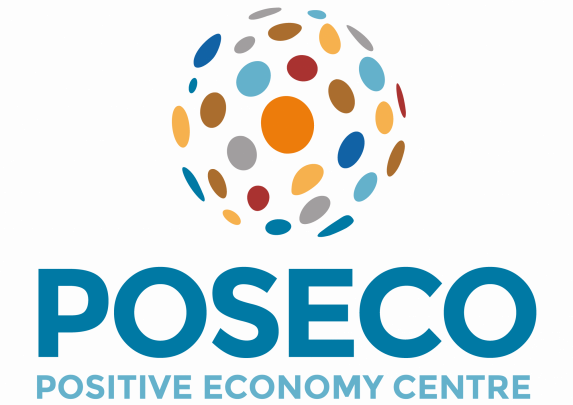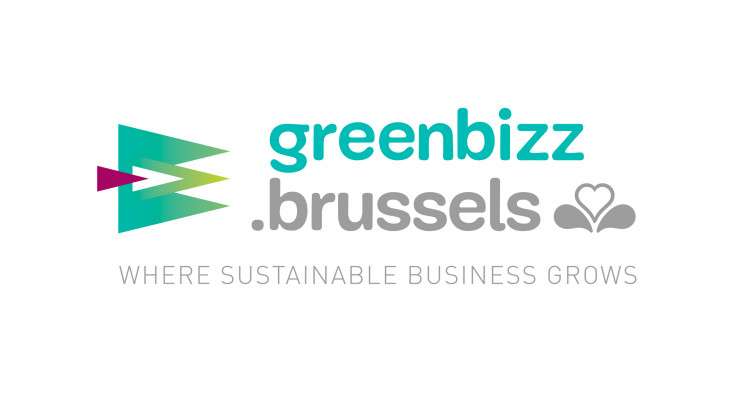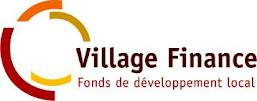Sustainable entrepreneurship allows you to create a positive impact on your community, on a social, environmental and economic level. From an economic point of view, sustainability is a good deal. There are many potential benefits for Brussels based companies: acquisition of new markets, cost reduction, differentiation from the competition, technical and social innovation, etc.
Here's an overview of the benefits any company can take advantage of in becoming part of the transition.
Improvement in the company's image in the face of increasingly demanding customers
The Belgian study by The Ecological Entrepreneur shows that 50% of organisations actually receive a direct request from their customers to become more sustainable.
An annual company reputation survey of the public shows that companies whose CEOs are outspoken on environmental issues (among others) have higher average Reputation Scores.
The economic transition barometer shows that in 2021, 69% of companies and self-employed persons who say they are familiar with the circular economy concept believe that the circular economy helps to improve their image; 59% see it as a way of maintaining their customer base or acquiring new customers, and 56% as a way of differentiating themselves more easily from the competition.
Technical and social innovation
It's clear that launching initiatives linked to the economic transition boosts innovation within companies. Developing new technologies, products and services adapted to climate challenges can create a competitive advantage and enable companies to acquire new markets.
The world is changing every day, so successful companies are those that continually evolve and challenge themselves.
Gain a competitive edge in the job market
A study carried out by Acerta in cooperation with KU Leuven shows that 8 out of 10 workers (79%) consider it very important that the company they work for takes action to combat climate change. Nearly one in five workers are even prepared to leave their employer if they make little or no effort on climate issues.
Yet, we find that companies underestimate the green awareness of their employees: only 64% of company managers think that the climate issue is important for their employees. Companies are also convinced that a sustainable approach is particularly well-supported by the younger generation, while it is actually valued by workers of all ages. It has therefore become essential to get your company involved in the economic transition to attract new talent and retain your workers.
Compliance with current and future legal constraints
Around the world, governments are introducing stricter regulations to implement the economic transition, and setting targets for reducing greenhouse gas emissions.
Getting started with the transition means anticipating these new constraints, and being able to make the necessary changes in a considered and calculated way, rather than in a hurry.
For example, since 1 May 2023, new obligations on waste sorting have come into force for all companies in Brussels. Another example is the LEZ (Low Emission Zone) introduced a few years ago by the Brussels Region (as well as other cities in the country and throughout Europe), which prohibits vehicles that produce excessive pollution from entering the city. From 2025, the LEZ will also apply to heavy goods vehicles, mopeds and motorcycles.
Many changes are happening at European level too. At the beginning of 2023, the European Corporate Sustainability Reporting Directive (or CSRD) came into force. More large companies, as well as certain SMEs, will now be obliged to draw up sustainability reports, which will be available for consultation. Transparency is becoming the norm.
The forthcoming Directive on Corporate Sustainability Due Diligence (CSDD) goes even further. It requires companies to adopt a plan to ensure that their business strategy is compatible with the limiting of global warming to 1.5°C.
The European Commission has also announced a regulation prohibiting products made with forced labour on the Union market. This ban covers products manufactured in the EU as well as imported products, whether they are made entirely by modern slaves or whether one of their components is.
Furthermore, the European Commission has announced a new directive to put an end to the famous "greenwashing", the practice whereby companies claim that their products or services are more environmentally friendly than they actually are.
The latest example is Europe's announcement of the "Digital Product Passport" (DPP), a real digital identity card for products, which will become an obligation on the European market to accelerate the circular economy. By scanning the DPP, consumers will have direct access to information about the product's composition and supply chain, and companies will also have to specify how the product can be repaired, reused or recycled.
These regulations provide guidance and require us to make major changes to our production, consumption and business management patterns. And that's just the start, because by 2050, all Member States' economies will have to be completely decarbonised. Therefore, it's a good idea to start taking steps to make your company (more) sustainable as soon as possible, to avoid unpleasant surprises in the future.
Access to regional aid
The ultimate goal of the Shifting Economy by 2050 is a totally decarbonised economy. To achieve this, the Brussels Region is redirecting its economic support (assistance, financing, hosting, public orders, etc.) so that economic stakeholders can adapt and get involved in the transition. From 2024 onwards, companies committed to exemplary environmental and social practices will be eligible for increased economic aid. To meet the exemplarity criteria, a company simply needs to demonstrate a positive contribution to the environment and/or social aspects, while not hindering the creation of economic value.
From 2030, all regional aid (grants, financing, assistance, hosting) will be reserved for companies on the road to sustainability.
Resilience in the face of economic crises
Involving your company in the economic transition can make it more resilient in the event of a crisis. For example, if you have a state-of-the-art energy installation, you'll suffer less from energy cost increases that are likely to become commonplace. If you get your supplies from short circuits, you'll be less dependent on markets and international conditions.
Cost reduction
As well as the definite impact you'll have on the environment and the well-being of our society, the economic transition means you can enjoy an attractive return on your investment. Reducing your consumption of energy, water or raw materials will sooner or later lead to financial benefits, and as a result, will increase your company's growth.
By investing today, a company can avoid paying high costs tomorrow. Investing in solar panels or LED lighting, for example, will reduce electricity bills and make you more resilient to market fluctuations.
Who can help me ?




